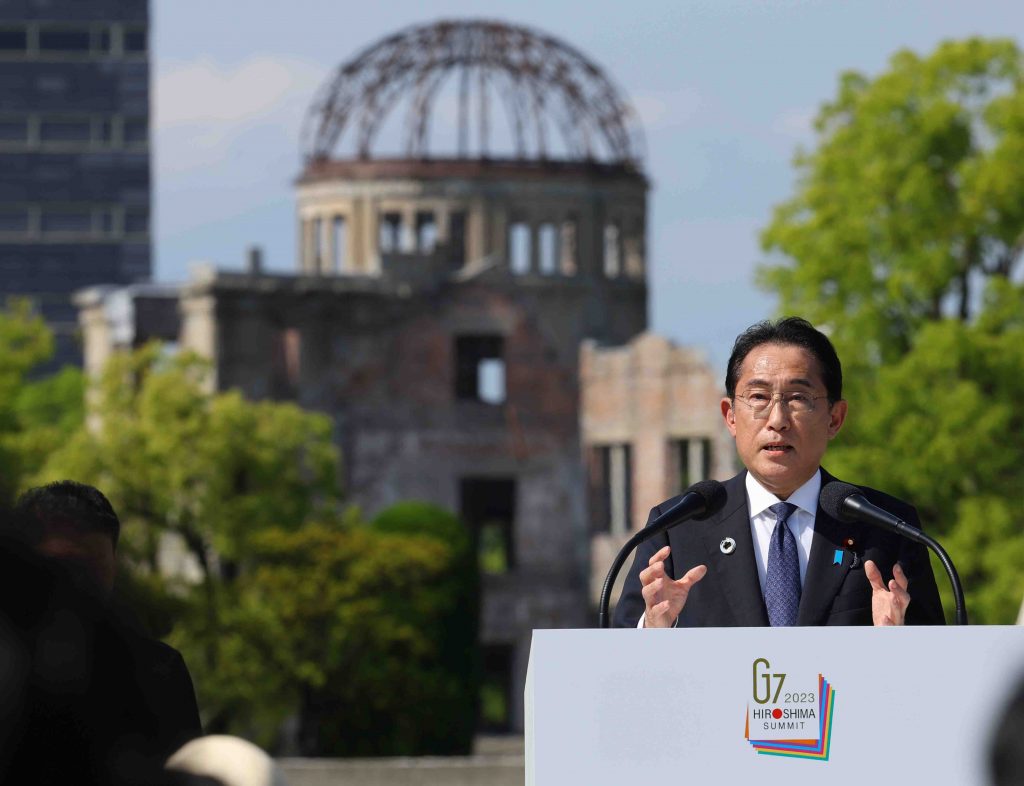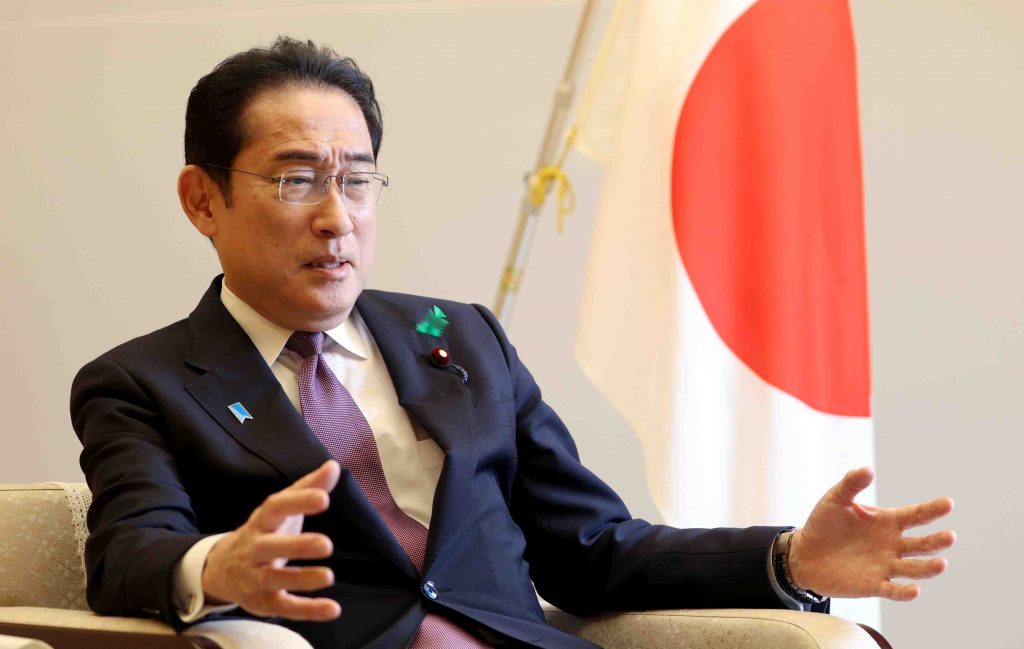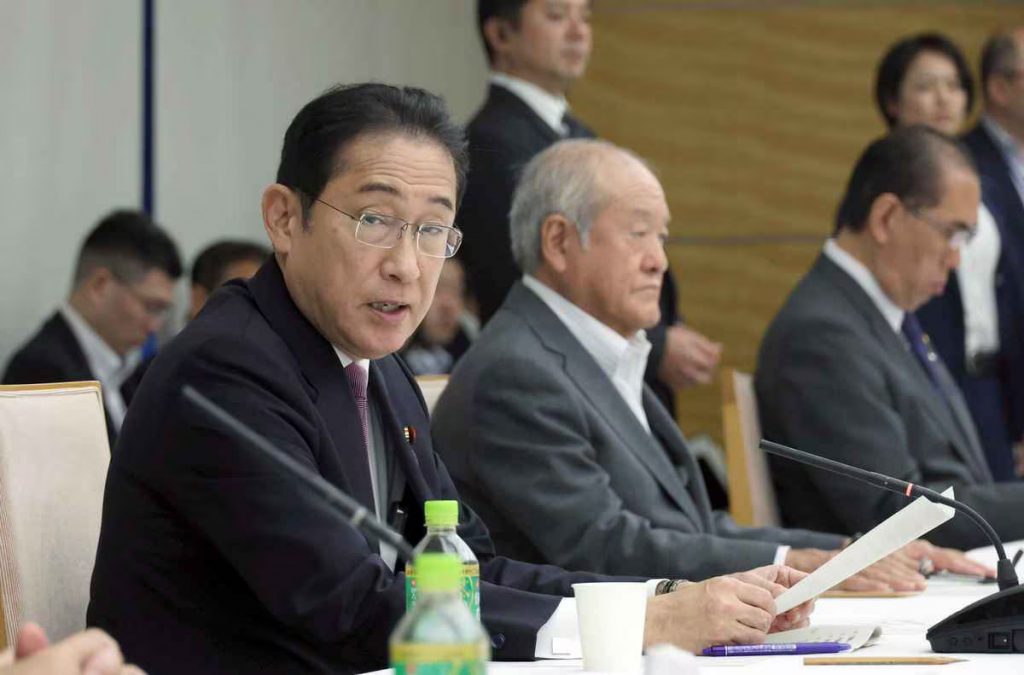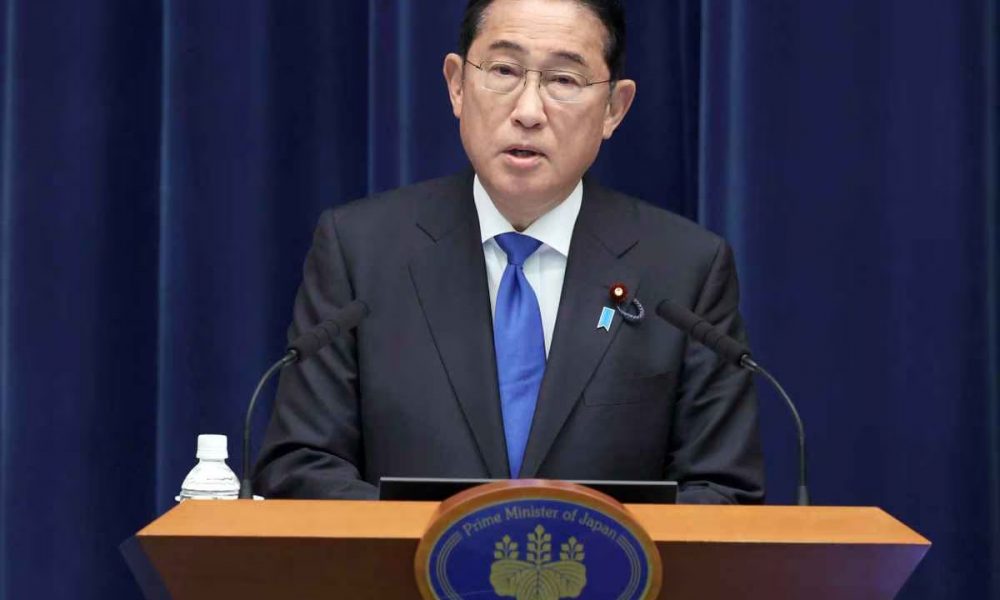Prime Minister Fumio Kishida has announced that he will not run for the leadership of the ruling Liberal Democratic Party (LDP) in September’s elections. Since the leader of the majority party is usually elected prime minister, this will also end his service as head of government. Kishida appointed his cabinet in October 2021 and will have served for about three years.
The Kishida government and the LDP are struggling with very low approval ratings due to “political and financial” problems. The trigger was the lack of information from LDP factions on donations received by their parties, especially the Abe faction.
When a government loses public trust, it becomes difficult to implement certain policies. In this case, it becomes questionable whether the ruling party can win a national election. Therefore, Kishida’s announcement came as no surprise.
Kishida told the press: “The first and most obvious step for me to show that the LDP is changing would be my resignation.”
On the policy and money front, Kishida caused considerable discontent by punishing lawmakers from other factions, but he did not take responsibility for the problems of his own Kishida faction. The prime minister’s support in the opinion polls dropped rapidly. Moreover, his ability to unite the LDP also waned. He should have taken responsibility sooner.
Good marks for foreign and security policy
On the other hand, Prime Minister Kishida deserves good marks in several areas.
This is because he made progress without making mistakes while implementing foreign and security policies that form the foundation for Japan’s peace, security and prosperity.
Japan reacted quickly to the serious changes in the international situation caused by the Russian invasion of Ukraine. As a member of the G7, Japan condemned the Russian invasion and began to support Ukraine.


Prime Minister Kishida astutely recognized that the international community had entered a stormy “post-Cold War era.” He also pointed out that “Ukraine could be the East Asia of tomorrow.”
In view of this difficult security situation, the government decided to drastically strengthen Japan’s defense capability, including acquiring counterattack capabilities and increasing defense spending. Prime Minister Kishida can be proud of his achievement. He has continued to advance the security policy initiated by former Prime Minister Shinzo Abe.
Kishida forged a close relationship with U.S. President Joe Biden. Improving the Japan-U.S. alliance’s response and deterrence capabilities were high on his agenda. In addition, Kishida was wholeheartedly committed to protecting the Japanese people, feeling that a Taiwanese emergency could develop into an emergency for Japan.
A leadership that kept the country strong and stable
Kishida deserves praise for his efforts to restart nuclear power plants in Japan, which provide a stable source of energy. He also ensured that ALPS-treated water from the Fukushima Daiichi nuclear power plant was safely discharged into the sea.
In addition, he worked hard to ensure that the Japanese economy avoided deflation altogether by promoting wage increases and other measures that affected everyone.
Domestically, too, Kishida deserves great praise for his progress in securing a stable imperial line of succession. The imperial family is the foundation of the nation. The government’s expert panel submitted its report to parliament during Kishida’s term in office. It assumes that the male line of succession will be preserved.
Unfinished business of constitutional revision
Regarding the revision of the constitution, Prime Minister Kishida expressed his intention to hold a first public referendum, including issues such as the creation of an emergency clause and the explicit mention of the Self-Defense Forces. Unfortunately, the political parties in favor of constitutional revision failed to work out agreed amendments.


Had Prime Minister Kishida, as head of Japan’s largest political party, demonstrated earlier leadership, public opinion on constitutional amendment and the imperial succession might have been different.
From now on, we are likely to see a flood of announcements from candidates seeking to run in the LDP presidential election. LDP lawmakers and party members must be aware that this presidential election could be their party’s last chance to regain voters’ trust.
Candidates should debate politics
We live in a time when the choice of prime minister or party leader will have a real impact on policy. Moreover, the Japanese people are well aware that the peace and prosperity of the nation will depend to a large extent on who becomes the country’s political leader.
If the election of the new LDP leader is staged as a popularity contest at this time, the public will see it as a mere face-changing. Instead, politicians vying for the presidential race will have to discuss the details of their proposed policies.


They must also address the question of how to protect Japan and ensure its prosperity. The new president must continue to advance his foreign and security policy in order to significantly strengthen the country’s defense capabilities.
With regard to the question of the imperial succession, the new government should consistently push forward the contents of the report submitted to the state parliament. In addition, several political parties have approved the report.
The next LDP leader should convene all political parties that are open to constitutional reform and create a forum for discussions with them on how to approach the drafting of the new constitutional amendments. He should also set a target for when these constitutional amendments should be completed.
Search A new leader who gets things done
Potential emergencies are not limited to the safety dimension. Preparations for catastrophic natural disasters are also essential. Concerns about a mega-quake with an epicenter in the Nankai Trough or a strong local earthquake with an epicenter under the Tokyo metropolitan area underscore this point.
Whether it is wage increases, economic growth, social security reforms or measures to combat the declining birth rate, there is no time to waste. In short, Japan needs a leader who will make things happen.
Prime Minister Kishida will continue to lead the government until the new LDP leader takes office as prime minister. In the Middle East, the conflict between Iran and Israel is currently escalating. There are even growing fears of a “Fifth Arab-Israeli War.” In these difficult times, we cannot allow any gaps in economic security or the protection of Japanese citizens.
RELATED:
(Read the editorial in Japanese.)
Author: Editorial staff, The Sankei Shimbun




